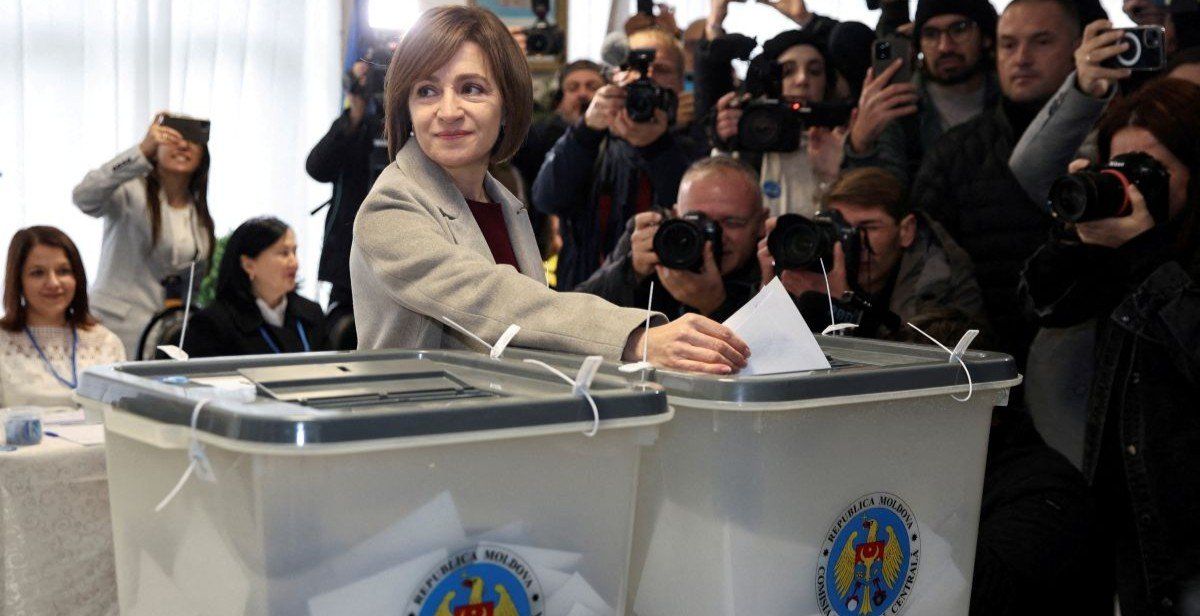Moldova votes amid a broader Russia-vs-EU tug of war
The tiny former Soviet republic of Moldova heads to the polls this Sunday, amid allegations that Russia is sowing confusion and disinformation to promote anti-European candidates. The current government of the country, which borders Ukraine, has pledged to join the EU by 2030, but the coalition is polling neck-and-neck with a pro-Russian opposition party that opposes that plan. Beneath all the high-stakes geopolitical drama, voters are focused keenly on economic issues in what is still one of Europe’s poorest countries – inflation remains high, corruption is rampant, and broader reforms have stalled.
China’s trade war with Mexico is heating up.
Beijing has launched a broad investigation into Mexico’s trade policies, accusing Latin America’s second largest economy of unfair tariffs and dumping. Mexico recently slapped a 50% duty on Chinese cars, partly to address Washington’s concern that China uses Mexico’s free trade agreement with the US as a “back door” to circumvent US tariffs. Mexico’s relations with China are tricky: For Mexican industries, China is at once a source of competition and, more recently, investment. Still, with the US by far its most important partner, Mexico finds itself increasingly at odds with Beijing, as the US-China rivalry deepens.
Iran signals it may snap if snap-back is applied
The UN Security Council votes today on whether to delay “snap-back” sanctions on Iran, following the collapse of the Joint Comprehensive Plan of Action (JCPOA — the Obama-era nuclear deal with Iran). Iranian President
Masoud Pezeshkiantold the UN this week that Iran will “never seek to build a nuclear bomb,” but Iran’s parliament is
considering legislation to explicitly do exactly that: pursue nuclear weapons and prepare to use them if warranted. Iran has also threatened to stop cooperating entirely with international nuclear inspectors if the sanctions are re-imposed.
